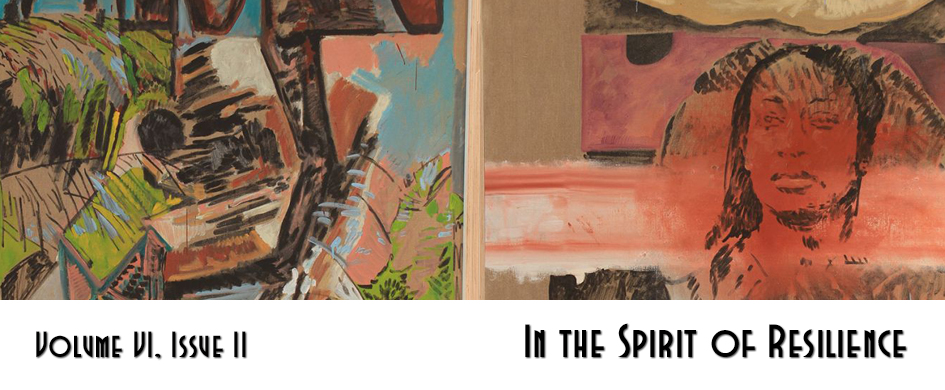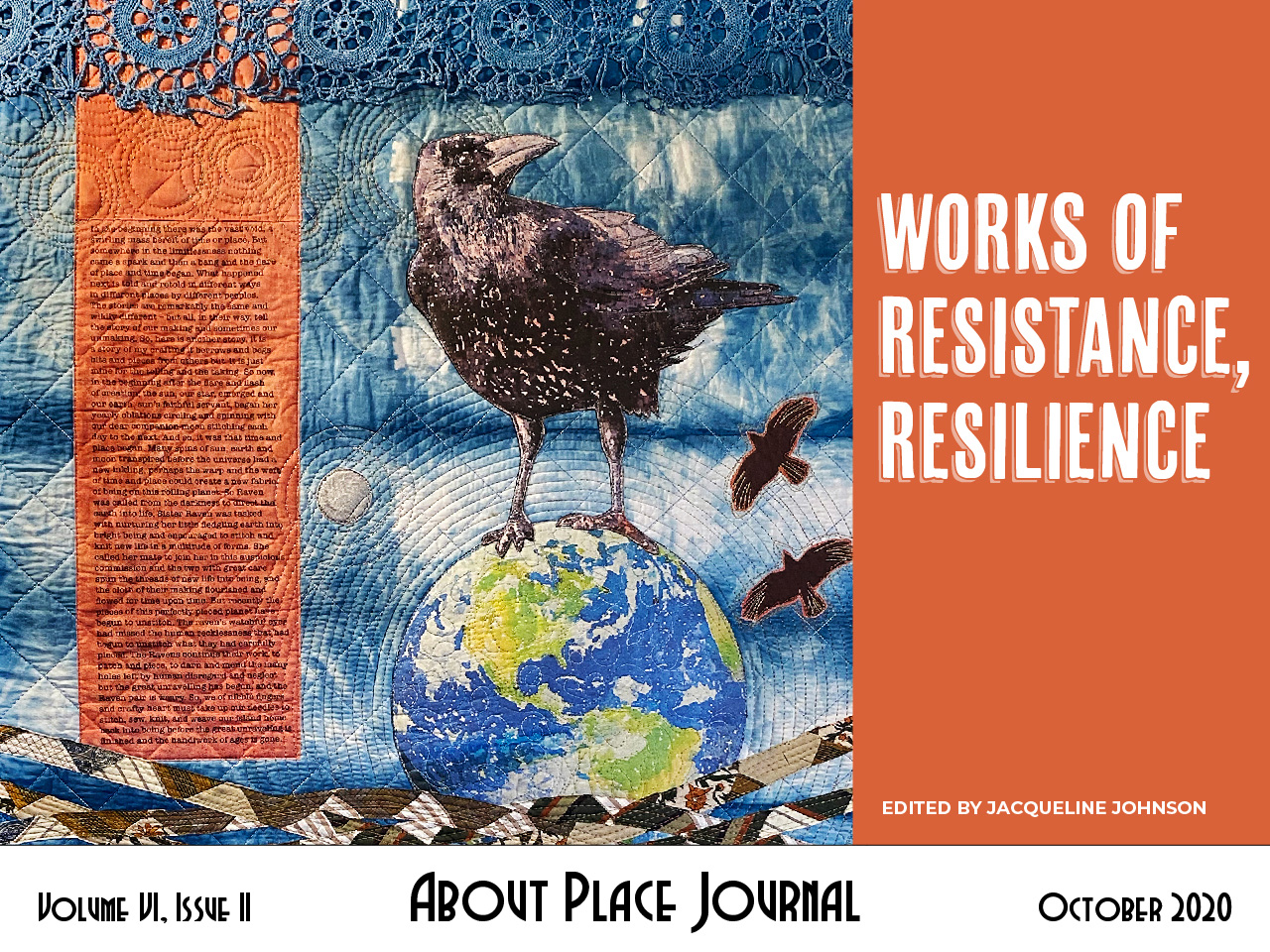She knew it was silly to worry.
It was just superstition, this notion in her family that you could die on your birthday.
Not die as in stillbirth or newborn death, but some years later as an adult, completely unexpectedly.
It had happened so many times, it was hard to ignore. Just at the moment the birthday person was about to blow out the candles or unwrap a gift–boom!–he or she was out in a flash with a heart attack or an aneurysm or a sad tryst with an errant bullet from a neighbor’s New Year’s Eve party.
The last one happened only once, as far as she knew.
It was her cousin Hilda’s party down the street, by the bodega with the broken neon sign. Somebody had just gotten out of jail and was pretending his gun was a firecracker to celebrate. Hilda wasn’t even awake. She had grown tired from all the singing and drinking, and went to rest on the couch near the front of the house. No one noticed she was dead for hours, until someone decided to wake her for a final round of songs. It was early in the morning, so technically it was no longer her birthday when she died, something the superstition debunkers always pointed out: “Hilda didn’t die on her birthday, ya hear? She lived to her next year, yes she did.”
Grandma had an aneurysm. She’d been fussing over a plate of flan, insisting it was going to make a mess, when her whole body spilled, limbs dropping like molten sugar, falling to the ground with a dull thud as her grandson Rubén’s hand reached for his serving of the treat. For a moment they thought she was joking or making a scene, since she was known for her drama. Maybe she was peeved by the late arrival of her son, making a show of how insulted she was. “C’mon, abuelita, no need to…” stuttered Rubén, before his addled brain caught up with the truth.
Her father had been one of the heart attacks, mowing the lawn in the heat in July. He was never big on parties. Each year he made her mother promise there would be no party, no surprise. He just wanted to spend the day without someone hassling him about the sound the car was making or how the door was creaking or his need to lose ten pounds. Just leave me in peace, he would plead, and make his way to the garage. He’d putter about sorting the mess of nails and screws, or carefully hanging the scattered tools on the wall as if they were paintings in a museum. Then, when he felt the calm settle into his body, he powered up the lawn mower to go out for a spin on the grass.
She was the one who found him. She was walking down the side steps to bring him a small slice of cake when she heard an angry grating sound by the fence. Now why would Papi park the mower by the fence like that? she wondered. He must be in a mood.
She walked toward the mower to quell the harsh noise when she noticed just a short narrow strip of cut grass—like a strange Mohawk haircut in reverse–and felt a sudden jolt of nausea as her brain began to process what her eyes had seen.
In the corner of her left eye she saw blood oozing from his head. She leapt towards him, shrieking as she huddled next to him. Her mind sorted it all out: He somehow fell off the lawnmower and he hit his head, he’ll be ok, it’s just a gash.
Why is he not breathing?
She used the training she’d gotten from the crews she served on when they were in the streets to stop the deportations. She gently cradled his head in one hand as she turned him on his back to start breaths interspersed with pounding on his chest.
Even today, so many years later, she still felt deep pain thinking about those moments. She’d done everything right, but it didn’t matter. Even hearing from the coroner that he was dead within moments of falling off the mower, maybe even dead before he fell, didn’t matter. She had failed him.
But the very worst, because he was so tiny and perfect, was her little brother. Just three years old, but singing and talking and laughing like an old man. Beto. His hair was thick and wild like a horse’s mane, flying in the air as he darted about with the soccer ball. His dark brown eyes were like freshly hewn earth after a rain.
They had decided not to have a pool party because it was late September and getting cold. Or that’s what they said. She had been reading about things toddlers can get into and was afraid of a pool party, even if the pool was simple inflatable plastic just inches deep. She had proposed, in her most adult and serious voice, a series of games with prizes out on the lawn instead, and had won.
Beto was radiant. He blew out the three stubby candles on his cake as if he were a firefighter dousing a blaze. He put frosting on his nose and tried to lick it off. His pointy birthday hat leaned to one side, making him look like a one-horned elk.
The soccer match was spontaneous, with a quick setting up of teams. Not boys and girls or young and old, but families. She and Beto were teammates as they dashed about the lawn to beat the Soler family.
“Goal!” she shouted as the black-and white soccer ball made its way to the net, cheers echoing all around. The Soler boys were miffed. They ran like a freight train, one last push to gain control. Their teenage bodies flew towards the ball. The younger one slid alongside her and Beto.
From a distance it looked like a tap. It could even be seen as affectionate. The older Soler boy had leaned in to give his brother cover, and in doing so ran into Beto, knocking him in the head with his head.
The younger Soler boy hit the ball with great force, sending it past the goal and over the fence, giving rise to a stream of four-letter words.
She was about to make a remark when she saw Beto on the ground.
He was face down on the grass, his pointy hat now a backwards necklace, and he looked like he was taking a nap. His head rested on his right arm and his legs were lumped together. By itself, this image of him was not unsettling, as he often napped in just such a position.
But Beto was not breathing. The doctors said the force of the blow knocked his brains away from his skull, cutting off all signals to move or to breathe. It was instant, they said, as the toddler’s mother and father and sister sobbed loudly and openly, their wails piercing the hospital halls.
Beto would be a man now, with kids of his own, celebrating birthdays with soccer and cake.
She skipped birthdays. Her own, at least. As often as she could.
Today she would complete not simply another year, but another decade, starting a new one. Because it was a special birthday, her mother planned a small party. Despite her feelings about birthdays, she would go for her mother’s sake.
Would she guard every step, every bite, every move, she wondered? She wouldn’t let herself believe the superstition. It was just horrible bad luck, what had happened. And yet it was there, a kind of birthday presence, an uninvited guest.
She concentrated, willing her thoughts to leap forward. She got an idea.
It’s always tomorrow somewhere else, she thought.
In her mind, she would declare herself a resident of a country on the other side of the international date line. As a result, on this day many years ago, she would not be newly born, but a whole day old.
And all this evening at the party, she would know she was safe, because it was already the day after her birthday.
She knew it was ridiculous, but it gave her some kind of peace.
That evening she found herself singing up a storm, laughing with her cousins and flirting with the neighbor who had always caught her eye. Her pleasure filled the house like the scent of freshly cut flowers.
Her mother beamed. “You look so beautiful tonight.”
She noticed a few guests glancing at the clock as it trekked towards midnight. Perhaps they were afraid fate would butt in at the last minute to ruin yet another birthday.
But she remained confident.
When the hands held the twelve, cheers filled the room, and she went from one family member to another to be embraced.
She smiled to herself.
I lived to my next year, she thought. Yes I did.


